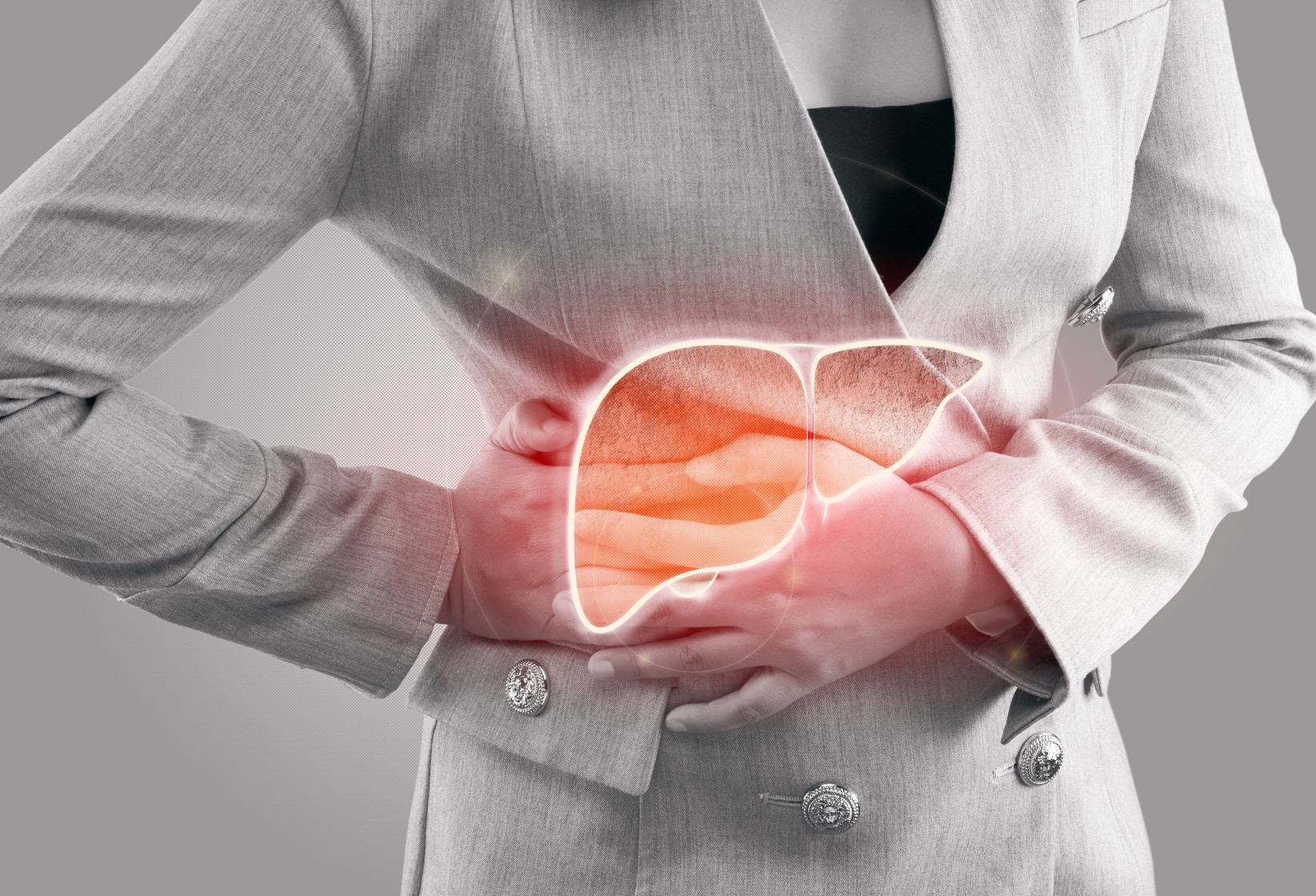Health
Recognizing Fatty Liver Symptoms: Early Action Can Save Lives

Fatty liver disease poses a significant health risk, often developing without noticeable symptoms in its early stages. Known as the body’s “detox factory,” the liver plays a crucial role in filtering toxins and aiding digestion. When fat accumulates in the liver, it can lead to serious complications such as inflammation, cirrhosis, or even liver failure if not addressed promptly.
Health professionals emphasize the importance of recognizing early signs of this condition. Here are some key symptoms that should not be ignored:
Key Warning Signs of Fatty Liver Disease
1. Persistent Fatigue
Feeling unusually tired despite getting adequate rest can indicate that the liver is struggling to perform its functions. When the liver’s ability to process nutrients and toxins is compromised, it can lead to feelings of weakness and constant exhaustion.
2. Jaundice: Yellowing of Skin and Eyes
Jaundice is a serious symptom that signals the liver’s inability to process bilirubin effectively. This yellowing of the skin and eyes indicates that the liver may be failing, making it a crucial symptom to monitor.
3. Nausea or Vomiting
Digestive issues like persistent nausea or unexplained vomiting can suggest a stressed liver. These symptoms are particularly concerning when they occur after consuming fatty foods, as they may indicate inflammation and reduced liver function.
4. Loss of Appetite
An impaired liver can disrupt appetite hormones, leading to a reduced desire to eat and unintentional weight loss. This change can cause significant stress for individuals experiencing it.
5. Abdominal Discomfort
A dull ache or sensation of fullness in the upper right abdomen may signal an enlarged liver due to fat accumulation. This symptom warrants attention, as it could indicate a developing health issue.
The Rising Incidence of Fatty Liver Disease
The prevalence of fatty liver disease is increasing globally, with lifestyle factors such as sedentary habits, high-calorie diets, and rising rates of obesity and diabetes contributing significantly to this trend. In India alone, experts estimate that one in three urban adults may be affected by some form of fatty liver, often without their knowledge.
According to health authorities, early intervention can dramatically improve outcomes. Fatty liver disease is largely reversible in its initial stages. Individuals concerned about their liver health should consider the following steps:
– Maintain a healthy body mass index (BMI).
– Adopt a diet that minimizes processed foods and refined carbohydrates.
– Engage in at least 30 minutes of physical activity daily, including brisk walking or cycling.
– Reduce alcohol consumption.
– Schedule regular health check-ups and liver function screenings.
Although fatty liver disease may not present symptoms initially, it is detectable through medical assessments. Individuals experiencing persistent fatigue, jaundice, or abdominal discomfort should consult a healthcare provider promptly to safeguard their health and well-being. Taking proactive measures can make a significant difference in managing liver health.
-

 World4 months ago
World4 months agoSBI Announces QIP Floor Price at ₹811.05 Per Share
-

 Lifestyle4 months ago
Lifestyle4 months agoCept Unveils ₹3.1 Crore Urban Mobility Plan for Sustainable Growth
-

 Science3 months ago
Science3 months agoNew Blood Group Discovered in South Indian Woman at Rotary Centre
-

 World4 months ago
World4 months agoTorrential Rains Cause Flash Flooding in New York and New Jersey
-

 Sports3 months ago
Sports3 months agoBroad Advocates for Bowling Change Ahead of Final Test Against India
-

 Top Stories4 months ago
Top Stories4 months agoKonkani Cultural Organisation to Host Pearl Jubilee in Abu Dhabi
-

 Science4 months ago
Science4 months agoNothing Headphone 1 Review: A Bold Contender in Audio Design
-

 Top Stories4 months ago
Top Stories4 months agoAir India Crash Investigation Highlights Boeing Fuel Switch Concerns
-

 Sports3 months ago
Sports3 months agoCristian Totti Retires at 19: Pressure of Fame Takes Toll
-

 Business4 months ago
Business4 months agoIndian Stock Market Rebounds: Sensex and Nifty Rise After Four-Day Decline
-

 Politics4 months ago
Politics4 months agoAbandoned Doberman Finds New Home After Journey to Prague
-

 Top Stories4 months ago
Top Stories4 months agoPatna Bank Manager Abhishek Varun Found Dead in Well









